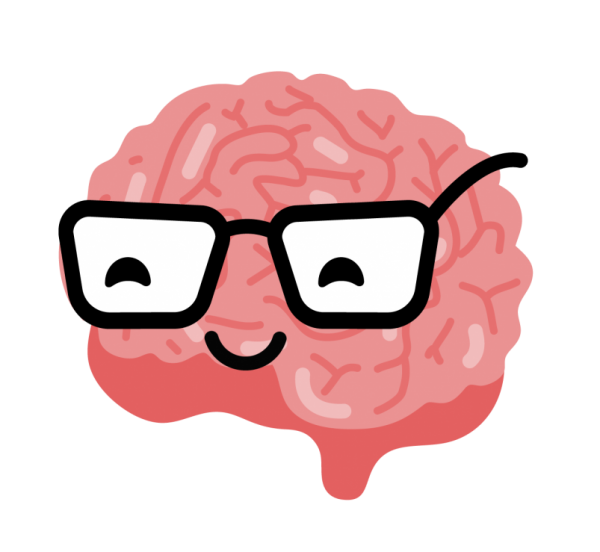Have you not read this article before? Pretty sure you haven’t. You might just be experiencing déjà vu.
Ever had a conversation,
That you realize you’ve had before,
Isn’t it strange?
Have you ever talked to someone,
And you feel you know what’s coming next?
It feels prearranged. – Iron Maiden
Despite scientists’ attempts to find an explanation for déjà vu, they haven’t yet reached a conclusion. For now, hypotheses are all we have. But, a few years ago, the scientific community started targeting their research around the most plausible cause: memory.
In 400 AD, philosopher St. Augustine was already wondering about this phenomenon, however, the expression “déjà vu” was first introduced and popularized by philosopher and medium Émile Boirac in 1876. Before science got involved in the topic, people would link déjà vu to premonitory dreams and even reincarnation.
From a scientific perspective, a potential cause of déjà vu has been researched in studies of epilepsy. According to a 2012 report published in the medical journal Neuropsychologia, there is a strong correlation between déjà vu and the seizures that occur to those who suffer from temporal lobe epilepsy (TLE). TLE is a type of epilepsy that affects the hippocampus of the brain, which is crucial for learning and memory. Experts then suggested that déjà vu, just like a seizure, could be prompted by a local neurological dysfunction in which neurons happen to send signals at random, giving us a feeling of familiarity. Nevertheless, it is still uncertain whether déjà vu could be explained by physiological similarities between a healthy brain and the brain of a patient with epilepsy, as mentioned in an article of Cortex journal.
Another possible explanation, explored in 2012 by Colorado State University psychology professor Anne M. Cleary, is that our brain could be associating a present situation with the memory of an experience that we cannot consciously recall. To test this theory, Cleary put 74 participants in a static virtual reality (VR) simulation “to demonstrate that an identical spatial layout to a previously viewed but unrecalled scene increases the likelihood of reported déjà vu for an otherwise novel scene.” Even though this theory is now largely accepted, a question remained: what is the relation between déjà vu and the feeling of premonition?
In 2018, Cleary and her collaborator Alexander B. Claxton conducted a similar experiment, but this time, with an animated VR simulation. They suggested that déjà vu could be an illusion of prediction. The study showed that many participants often thought they knew what would happen next based on what they had previously seen while being unable to predict an outcome. Therefore, déjà vu seemed to have something to do with thinking about the future, but not much to do with premonitions, though the study “[has] not ruled out the possibility that memory-driven déjà vu can, in other situations, drive actual predictive ability.”
Ever had a conversation that you realize you’ve had before? Whether you think it’s a glitch in the matrix or a special ability, the lack of knowledge surrounding the mysteries of the brain makes it difficult to come up with a thorough answer regarding the causes of déjà vu. Who knows, maybe 60 to 70 per cent of us really are psychics. It feels prearranged. Isn’t it strange?
Graphic by @sundaeghost
